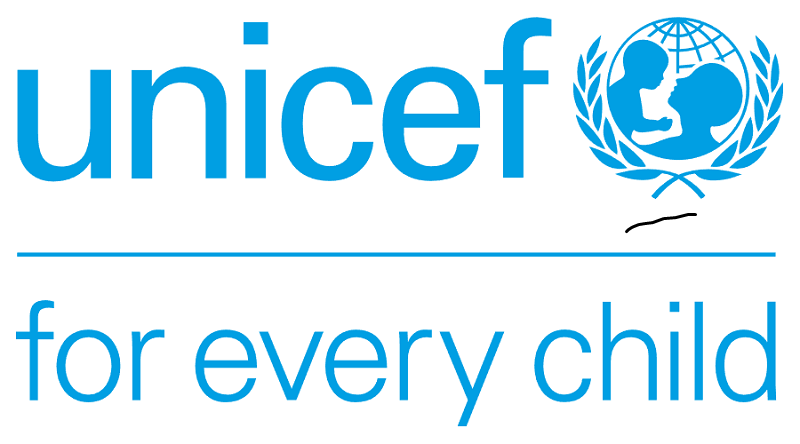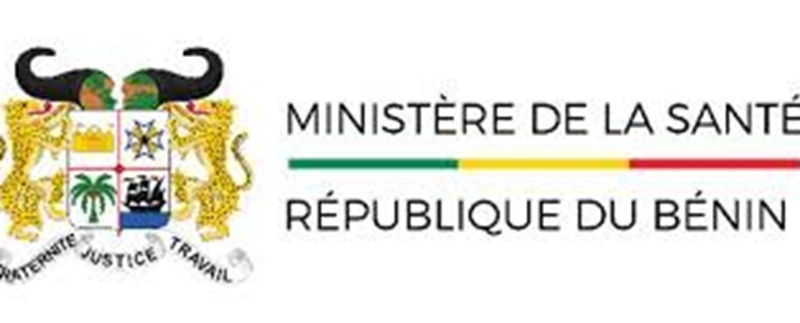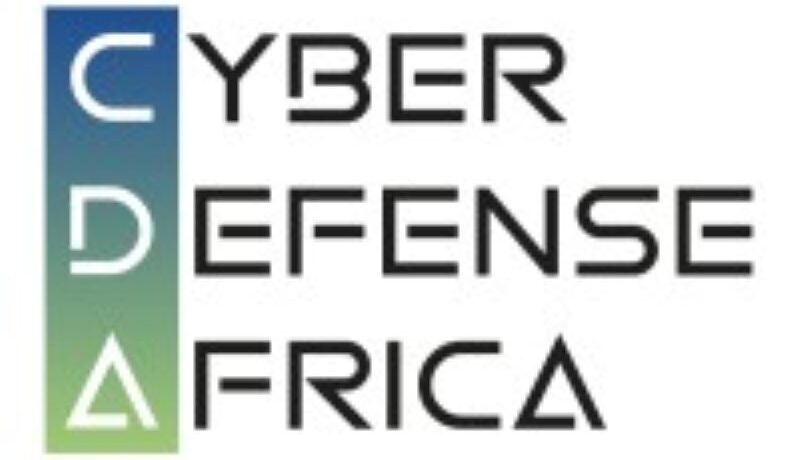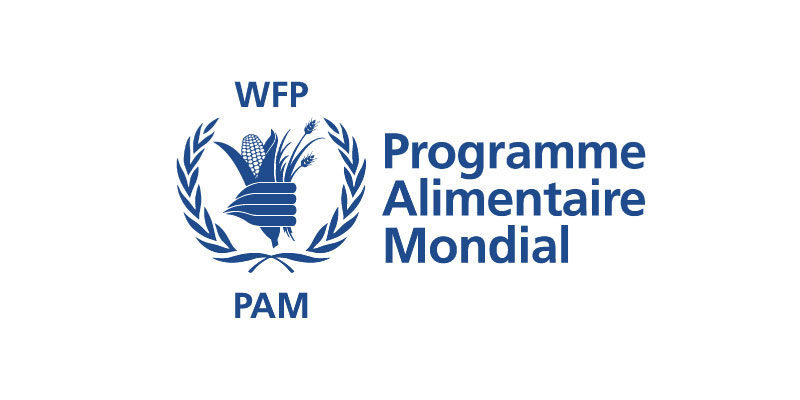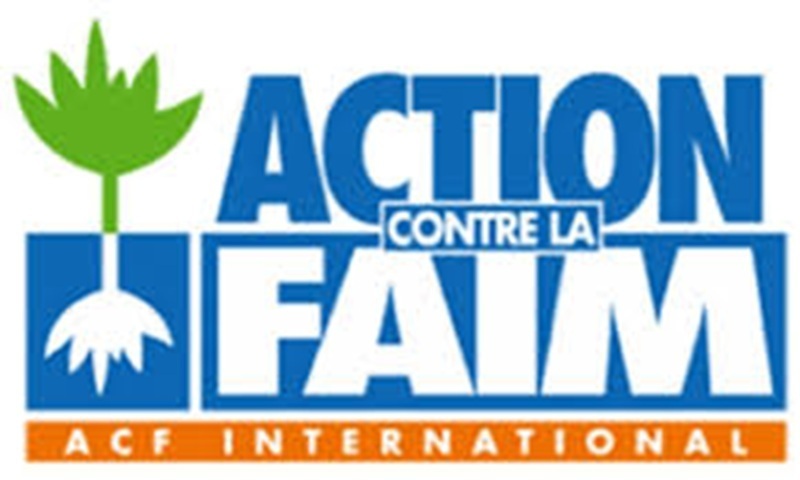L’UNICEF travaille dans certains des endroits les plus difficiles du monde, pour atteindre les enfants les plus défavorisés de la planète. Pour sauver leur vie. Pour défendre leurs droits. Pour les aider à réaliser leur potentiel.
Dans 190 pays et territoires, nous travaillons pour chaque enfant, partout, chaque jour, afin de construire un monde meilleur pour tous.
Et nous n’abandonnons jamais.
Pour chaque enfant, l’espoir
POSTE 1
Responsable de l’éducation NOA TA Mopti, Mali
The Education Officer reports to the Education specialist in Mopti Zonal Office for close guidance and supervision.
The Education Officer provides professional technical, operational and administrative assistance throughout the programming process for the education programs/projects through the application of theoretical and technical skills in researching, collecting, analyzing and presenting technical program information while learning organizational rules, regulations and procedures to support the development and formulation of the Education Program within the Country Program.
How can you make a difference?
MAIN DUTIES AND RESPONSIBILITIES
- Support to program development and planning
- Program management, monitoring and delivery of results
- Technical and operational support to program implementation
- Networking and partnership building
- Innovation, knowledge management and capacity building1. Support to program/project development and planning
- Support the preparation/design and conduct/update of situation analysis for the child protection programs/projects and/or sector to ensure that current comprehensive and evidence based data on child protection issues are available to guide UNICEF’s strategic policy advocacy, intervention and development efforts on child rights and protection and to set program priorities, strategies, design and implementation plans. Keep abreast of development trends to enhance program management, efficiency and delivery.
- Participate in strategic program discussion on the planning of child protection programs/projects. Formulate, design and prepare programs/projects proposal for the sector, ensuring alignment with the overall UNICEF’s Strategic Plans and Country Program and coherence/integration with UN Development Assistance Framework (UNDF), regional strategies and national priorities, plans and competencies.
2. Program management, monitoring and delivery of results
- Plan and/or collaborate with internal and external partners to establish monitoring benchmarks, performance indicators and other UNICEF/UN system indicators and measurement to assess/strengthen performance accountability, coherence and delivery of concrete and sustainable results for the assigned sector in child protection programs.
- Participate in monitoring and evaluation exercises, program reviews and annual reviews with government and other counterparts to assess progress and to determine required action/interventions to achieve results.
- Prepare/assess monitoring and evaluation reports to identify gaps, strengths/weaknesses in program and management, identify lessons learned and use knowledge gained for development planning and timely intervention to achieve goals.
3. Technical and operational support to program implementation
- Provide technical guidance and operational support to government counterparts, NGO partners, UN system partners and country office partners/donors on interpretation, application and understanding of UNICEF policies, strategies, processes and best practices and approaches on child protection and related issues to support program management, implementation and delivery of results.
- Arrange/coordinate availability of technical experts with Regional Office/HQ to ensure timely/appropriate support throughout the programming/projects process.
4. Networking and partnership building
- Build and sustain effective close working partnerships with relevant government counterparts, national stakeholders and global partners/allies/donors/academia through active networking, advocacy and effective communication to build capacity, exchange knowledge/expertise and to reinforce cooperation to achieve sustainable and broad results in child protection.
- Prepare communication and information materials for CO program advocacy to promote awareness, establish partnership/alliances and support fund raising for child protection programs and emergency interventions.
5. Innovation, knowledge management and capacity building
- Apply/introduce innovative approaches and good practice to build the capacity of partners and stakeholders and to support the implementation and delivery of concrete and sustainable program results. Keep abreast, research, benchmark and implement best practices in child protection management and information systems. Assess, institutionalize and share best practices and knowledge learned.
- Contribute to the development and implementation of policies and procedures to ensure optimum efficiency and efficacy of sustainable programs and projects. Organize and implement capacity building initiatives to enhance the competencies of clients/stakeholders to promote sustainable results in child protection and related programs/projects.
To qualify as an advocate for every child you will have…
EDUCATION
A University Degree in education, psychology, sociology or other social science field is required.
WORK EXPERIENCE
One year of professional experience in social development planning and management in education and/other related areas at the international and/or in a developing country is an asset.
Background/familiarity with Emergency preparedness and response (and the Education Cluster approach).
LANGUAGES
Good knowledge of French. English is an asset as well as knowledge of local language.
For every Child, you demonstrate…
UNICEF’s values of Care, Respect, Integrity, Trust, and Accountability (CRITA).
Core Competencies
- Demonstrates Self Awareness and Ethical Awareness (1)
- Works Collaboratively with others (1)
- Builds and Maintains Partnerships (1)
- Innovates and Embraces Change (1)
- Thinks and Acts Strategically (1)
- Drive to achieve impactful results (1)
- Manages ambiguity and complexity (1)
Functional Competencies:
- Formulating strategies and concepts (I)
- Analyzing (II)
- Applying technical expertise (II)
- Learning and researching (II)
- Planning and organizing (II)
To view our competency framework, please visit here.
UNICEF is committed to diversity and inclusion within its workforce, and encourages all candidates, irrespective of gender, nationality, religious and ethnic backgrounds, including persons living with disabilities, to apply to become a part of the organization.
UNICEF has a zero-tolerance policy on conduct that is incompatible with the aims and objectives of the United Nations and UNICEF, including sexual exploitation and abuse, sexual harassment, abuse of authority and discrimination. UNICEF also adheres to strict child safeguarding principles. All selected candidates will be expected to adhere to these standards and principles and will therefore undergo rigorous reference and background checks. Background checks will include the verification of academic credential(s) and employment history. Selected candidates may be required to provide additional information to conduct a background check.
Remarks:
Mobility is a condition of international professional employment with UNICEF and an underlying premise of the international civil service. Only shortlisted candidates will be contacted and advance to the next stage of the selection process.
UNICEF appointments are subject to medical clearance. Issuance of a visa by the host country of the duty station, which will be facilitated by UNICEF, is required for IP positions. Appointments may also be subject to inoculation (vaccination) requirements, including against SARS-CoV-2 (Covid). Government employees that are considered for employment with UNICEF are normally required to resign from their government before taking up an assignment with UNICEF. UNICEF reserves the right to withdraw an offer of appointment, without compensation, if a visa or medical clearance is not obtained, or necessary inoculation requirements are not met, within a reasonable period for any reason.
Advertised: 18 May 2022 Greenwich Standard Time
Deadline: 24 May 2022 Greenwich Standard Time
POSTE 2
Consultance pour soutenir la révision et le développement de la stratégie nationale pour mettre fin au mariage des enfants au Nigeria
Nigeria has the largest number of female child brides in Africa (23 million girls and women married as children) and carries the third largest burden of married girls globally (3.3M), after India (26.6M) and Bangladesh (3.9M). At least 44.1 per cent of girls in Nigeria are married before their 18th birthday, while 18.5 per cent are married before they turned 15 so almost 1 in 5 girls. Child marriage is a key driver of socio-economic challenges especially in northern Nigeria, leading to school drop-out and adolescent pregnancy which is also linked to high maternal mortality and malnutrition, among other issues . Child marriage occurs in a context of limited knowledge and access to sexual and reproductive health and rights (SRHR) information and services, with complications of early childbearing (maternal mortality ratios is at 576 per 100,000) and obstructed labor such as obstetric fistula which affect an estimated 20,000 women and girls every year in Nigeria . While the data shows a 9 per cent decline in the prevalence of child marriage since 2003, and a projected further decrease by 6 per cent by 2030, because of the rapid increase in population, the number of female child brides will increase by more than a million by 2030 and double by 2050 . Additionally, an estimated 10 million more girls will be at risk of becoming brides as a result of the pandemic .
In Nigeria, whether a girl will be married before she reaches 18 years depends largely on the geographic location, the economic status of her family and her education:
According to MICS 2016-17, prevalence rates of women who marry before 18 in some parts of Northern Nigeria are well over 50 per cent, including Bauchi: 64.4 per cent; Jigawa: 74.9 per cent; Katsina: 70.9 per cent; Kebbi: 66.9 per cent; Sokoto: 68.6 per cent; Yobe: 62.0 per cent and Zamfara: 71.4 per cent
North west Nigeria has the lowest median age of marriage (15.8 yrs), with Katsina, in north west Nigeria, which has the lowest median age of marriage of any state, at 15.5 yrs (NDHS 2018)
The median age of child marriage is nine years lower among the lowest wealth quintile compared to the highest wealth quintile (NDHS 2018)
68 per cent of women from the poorest households were married before 18 (MICS, 2016-17)
52.3 per cent of rural women compared to 29.4 per cent of urban women were married before the age of 18 (MICS, 2016-17)
The median age of first marriage of women with no formal education is 15.8 years compared to 21.9 years amongst those with secondary education (NDHS 2018).
63.3 per cent of women with no education and 73.3 per cent of those with non-formal education were married before 18 years compared to 22.6 per cent of those with secondary education (MICS 2016-17)
Nigeria has committed to ending child marriage within the African Union Commission framework and launched the National Campaign and Strategy to End Child Marriage on 29 November 2016. The National Strategic Plan to End Child Marriage in Nigeria 2016–2021 was the first national action plan adopted by the Federal Government aimed at “highlighting the multi-sectoral, multi-faceted activities needed to bring about successful elimination of this harmful practice based on the premise of a strengthened coordination platform led by the Federal Ministry of Women Affairs”. The key actors for this include but are not limited to various MDAs such as Health, Education, Information and National Orientation Agency, Finance, Budget and National Planning; traditional and religious bodies, civil society organizations, foreign and national donors and implementing partners.
Following the expiration of the strategy at the end of 2021, a consensus was reached at a meeting (March 2022) of the Core Group on Ending Child Marriage in Nigeria, led by the Federal Ministry of Women Affairs, to review and develop a new 5-year costed National Strategy to End Child Marriage in Nigeria (2022-2027) which will provide a strategic roadmap that will consolidate and build on the gains made, with a view to accelerating efforts towards ending child marriage in Nigeria by 2030.
The policy review process will need to identify, assess and address any existing gaps not addressed by the previous policy as well as emerging trends, patterns and evidence on child marriage in Nigeria. The outcome of this exercise will be to produce a costed and operational strategy and action plan through which the rearticulated goals, objectives and strategies in the revised plan are realised. The revised policy should incorporate a rights-based and gender transformative approach to prevention (education as a delay tactic) and response (health, SRHR and justice) to child marriage, aimed at repositioning efforts aimed at ending Child Marriage in Nigeria.
To this end, FMWA/UNICEF Nigeria is seeking to hire a local consultant to support the revision and the development of the National Strategy to End Child Marriage in Nigeria (2022-2027). This activity will support outcome 3.2.24 on Strategic advocacy and partnerships to address child marriage under Pillar 3 of the Spotlight Initiative. The Spotlight Initiative (SI) is a global partnership between the United Nations (UN) and the European Union (EU) to eliminate all forms of violence against women and girls in support of the 2030 Agenda on Sustainable Development. In Nigeria, the focus states for Spotlight implementation are Adamawa, Cross Rivers, Ebonyi, FCT, Lagos and Sokoto. However, this exercise will be conducted both at the national and state (selected) levels.
Scope of Work
In carrying out this assignment, the consultant will need to
1. Conduct a literature review of frameworks, studies and evaluations of successful practices implemented in Nigeria and other countries.
2. Conduct desk review of program and policy documents (national and sub-national and sectoral policies on health, education, labour etc.), that take stock of the situation of child marriage and programmatic responses, including the recent analysis of the integration of ending child marriage policies and plans into budgets.
3. Provide a summary of the available data, including the 2014 VAC survey, and latest data from MICS and NDHS on the emerging trends.
4. Review and develop a revised National Strategy to End Child Marriage in Nigeria, particularly with a view to strengthening a comprehensive approach to the prevention and response to Child Marriage including strengthening case management, availability of quality child-sensitive social welfare and justice services and ensure involve other sectors (education and health)
5. Provide recommendations to the Terms of Reference (TOR) of the national and sub-national Technical Working Groups (TWG), and its first year workplan, including increasing the impact and visibility of the work conducted by the TWG.
6. Review use of tools and indicators that inform data collection on the situation of child marriage and service provision and provide recommendations on the standardization indicators and tools in line with CEDAW and African Charter reporting requirements to support and how data can be fed into a national “data bank”.
Knowledge/Expertise/Skills required:
• Advanced degree in international development, social welfare, public administration, gender or other relevant course.
• 10+ years of demonstrated experience in the area of research into policy making on child marriage, related social issues, adolescent girls’ programming or related field.
• Demonstrated experience in research, both quantitative and qualitative.
• Experience in the field of child marriage is an asset;
• Fluency in written and spoken English is required
• Fluency in Hausa is an asset
For every Child, you demonstrate…
UNICEF’s values of Care, Respect, Integrity, Trust, and Accountability (CRITA).
UNICEF is committed to diversity and inclusion within its workforce, and encourages all candidates, irrespective of gender, nationality, religious and ethnic backgrounds, including persons living with disabilities, to apply to become a part of the organization.
UNICEF has a zero-tolerance policy on conduct that is incompatible with the aims and objectives of the United Nations and UNICEF, including sexual exploitation and abuse, sexual harassment, abuse of authority and discrimination. UNICEF also adheres to strict child safeguarding principles. All selected candidates will be expected to adhere to these standards and principles and will therefore undergo rigorous reference and background checks. Background checks will include the verification of academic credential(s) and employment history. Selected candidates may be required to provide additional information to conduct a background check.
Contract duration:6 months
Remarks:
Only shortlisted candidates will be contacted and advance to the next stage of the selection process.
Individuals engaged under a consultancy or individual contract will not be considered “staff members” under the Staff Regulations and Rules of the United Nations and UNICEF’s policies and procedures, and will not be entitled to benefits provided therein (such as leave entitlements and medical insurance coverage). Their conditions of service will be governed by their contract and the General Conditions of Contracts for the Services of Consultants and Individual Contractors. Consultants and individual contractors are responsible for determining their tax liabilities and for the payment of any taxes and/or duties, in accordance with local or other applicable laws.
The selected candidate is solely responsible to ensure that the health insurance required to perform the duties of the contract is valid for the entire period of the contract. The candidate may also be subject to inoculation (vaccination) requirements, including against SARS-CoV-2 (Covid).
Advertised: 18 May 2022 W. Central Africa Standard Time
Deadline: 31 May 2022 W. Central Africa Standard Time

